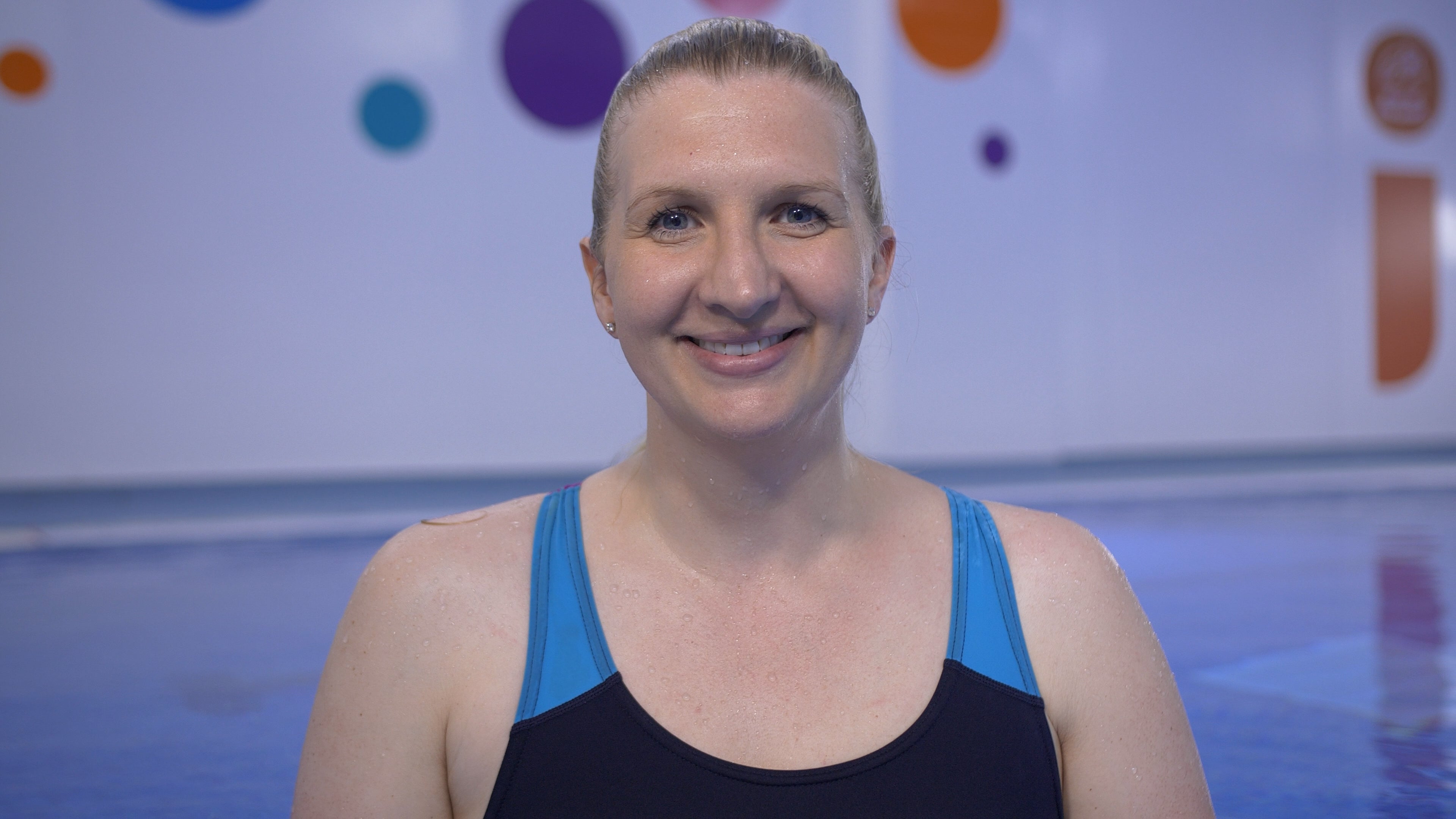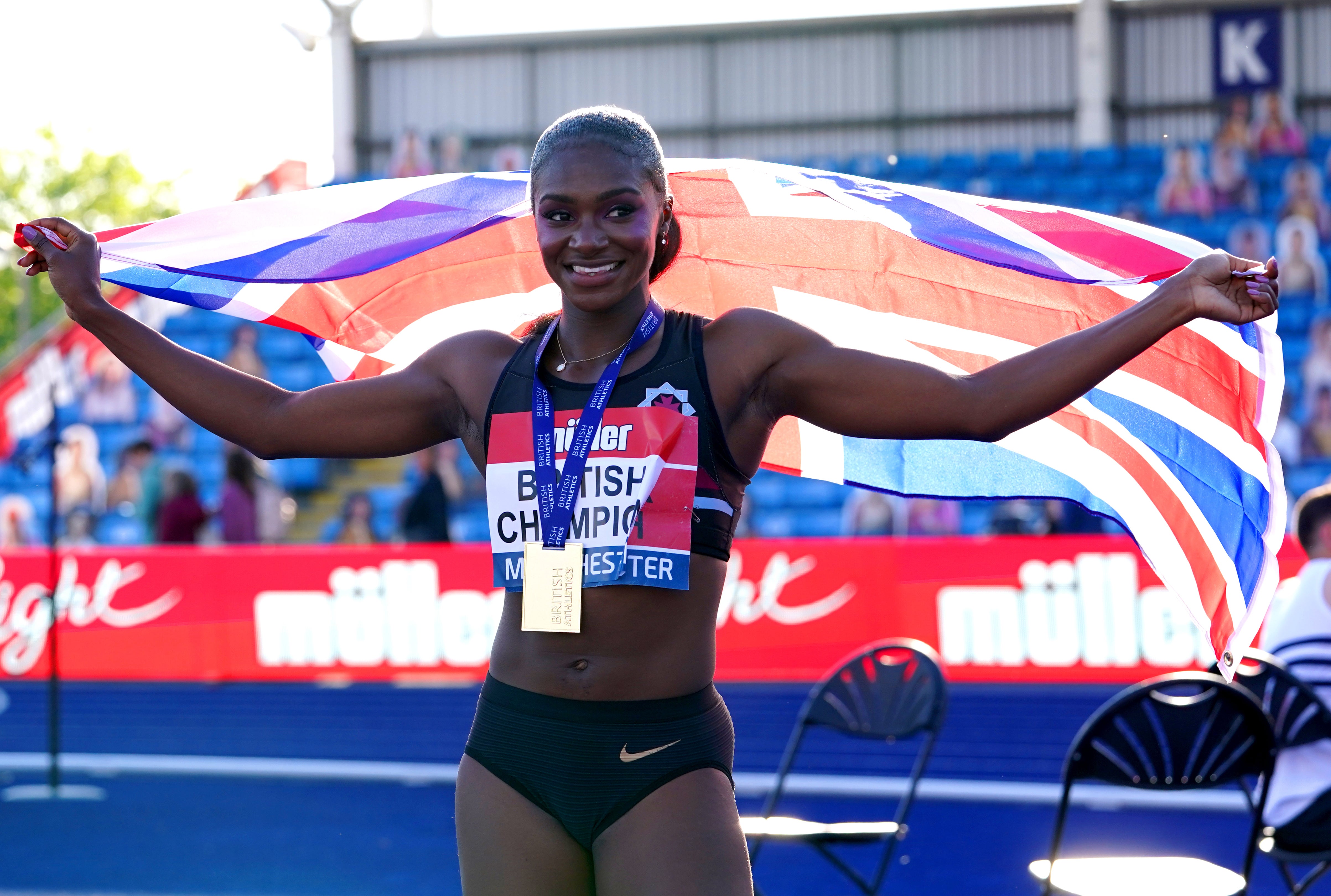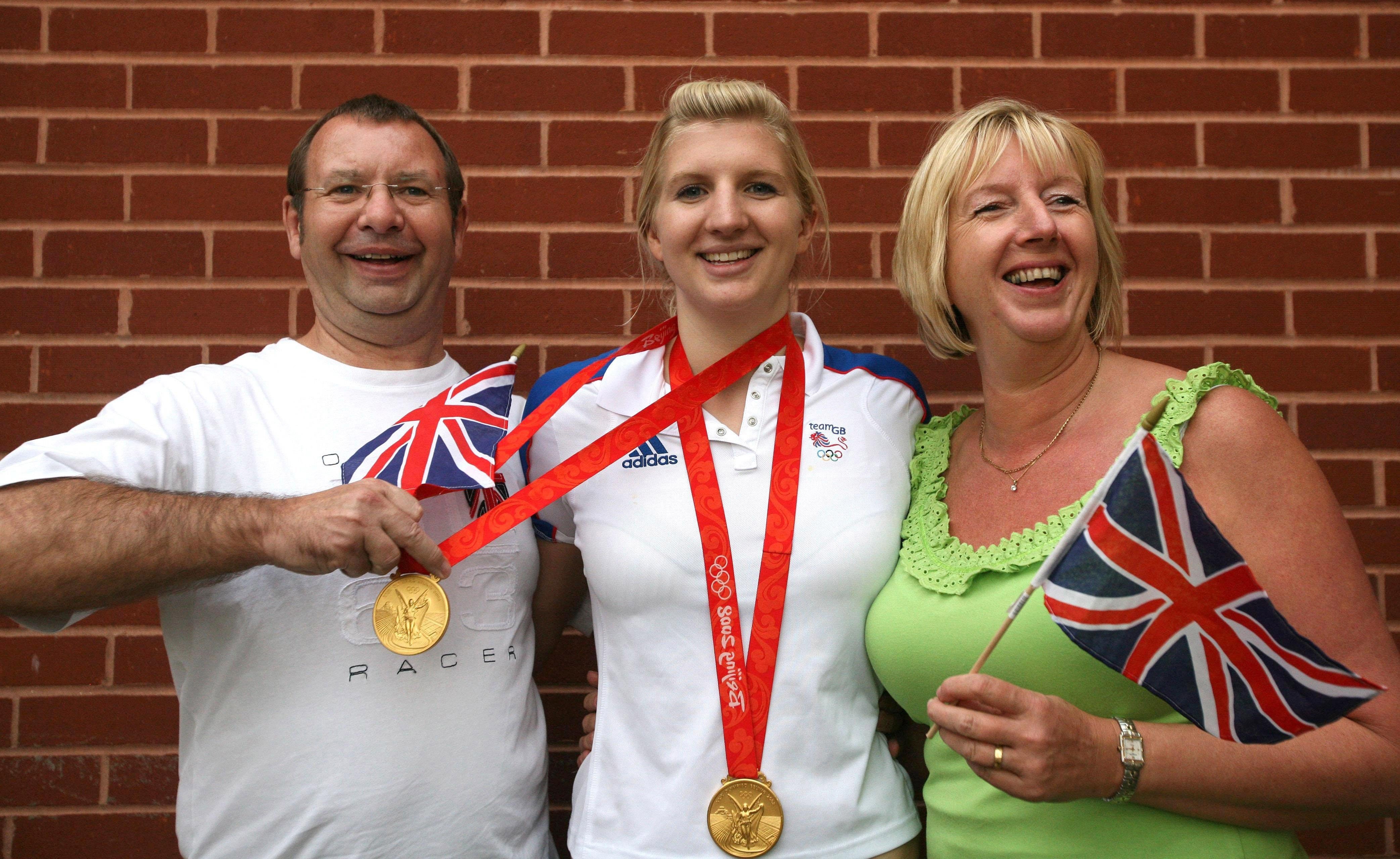Rebecca Adlington hoping ‘relatable’ Olympic role models can inspire young girls
TeamGB will feature more female athletes than males for the first time in Tokyo this summer.

Your support helps us to tell the story
From reproductive rights to climate change to Big Tech, The Independent is on the ground when the story is developing. Whether it's investigating the financials of Elon Musk's pro-Trump PAC or producing our latest documentary, 'The A Word', which shines a light on the American women fighting for reproductive rights, we know how important it is to parse out the facts from the messaging.
At such a critical moment in US history, we need reporters on the ground. Your donation allows us to keep sending journalists to speak to both sides of the story.
The Independent is trusted by Americans across the entire political spectrum. And unlike many other quality news outlets, we choose not to lock Americans out of our reporting and analysis with paywalls. We believe quality journalism should be available to everyone, paid for by those who can afford it.
Your support makes all the difference.Watching a British Olympic team packed with female role models in Tokyo this summer can help persuade girls not to drift away from sport in their teenage years, according to double gold medallist Rebecca Adlington.
The 32-year-old, who won the 400 and 800 metres freestyle in Beijing in 2008, welcomes the fact that TeamGB in Tokyo will feature more female athletes than males for the first time – 201 to 175.
She believes seeing females across a range of sports competing at the highest level could help change perceptions and remove stigmas around girls in sport.
Adlington told the PA news agency: “I remember [before the 2012 Olympics] seeing Jess Ennis on billboards and in magazines and Victoria Pendleton on TV shows and thinking ‘these guys are such role models, they should be there’.

“It’s amazing when I see Dina Asher-Smith on stuff because 100 per cent they should be the celebrities. They’re amazing role models, they push their bodies to the limit, they work hard, they exercise.
“What a role model to have for people, and especially young girls that have any stigmas or insecurities or anything like that. One of the things that comes across from an Olympics, and the reason people love it, is that they’re just normal people.
“They’re so relatable and that’s why you connect with it. There’s nothing that’s any different from anyone else, yet they’ve just done something extra special. They will have come from a small town, or had some hurdle to get over like other people have.”
Adlington is launching the ‘Girls Let’s Swim’ campaign to address the alarming plunge in participation in the sport, particularly among girls aged 11 to 18.
A report by Sporting House, an Olympic-led group of companies, found 79 per cent of girls in that age bracket now spend less time swimming.
While the coronavirus pandemic is a factor, 53 per cent of parents of girls in this age group said a lack of confidence over their bodies and feeling self-conscious due to puberty were a factor behind them swimming less.
Because I did a sport, everyone went 'oh Becky's a tomboy, Becky's good at sport'. I think you just got kind of locked into that category.
Adlington is keen to promote the benefits of swimming, which above anything else is a life skill which could help someone survive in water or save someone else’s life, as well as a host of other health and social benefits.
Speaking about her own experience, Adlington said: “I felt like I’d gained an extra set of friends [through swimming].
“For me, I felt that I was the fortunate one, that I wasn’t just friends with people at school, I had these two amazing friendship groups,” she said.
“But any girl going through that period of your life, you don’t necessarily want to put a costume on when you’re going through puberty and periods, and your body is massively developing and growing.
“You feel a bit self-conscious, I’ve always felt that way. I’ve always had cellulite, stretch marks, I’ve had bad skin growing up, I had what my mum called puppy fat. She said ‘that will come off, that will come off’. I’m still waiting and I’m 32!
“Things have massively changed now. Because I did a sport, everyone went ‘oh Becky’s a tomboy, Becky’s good at sport.
“I think you just got kind of locked into that category. I love being girly, getting dressed up, hair and make-up and nails and all the girly stuff that goes along with it.”
Asked what she would say to a girl who might be put off from taking part, she said: “You’ll quickly realise that the benefits of going just outweigh anything that you were nervous about or worried about.
“It’s a great form of exercise and it’s also really sociable, you realise when you go that there’s a great community that go.”

Adlington hailed the dedication of parents in helping children continue with sport. For her, the toughest Covid restriction around Tokyo would be not having her mum and dad there to support her.
“My mum and dad travelled everywhere with me, they went to China, to Australia, everywhere,” she said.
“So to not have the people who are the reason why you’re there with you, is really difficult.”